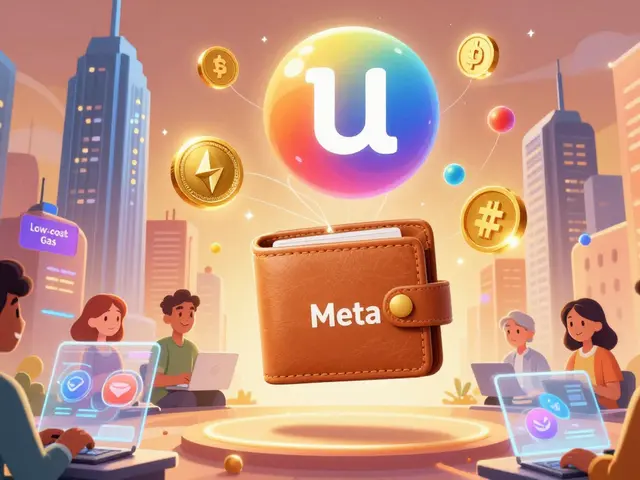Bangladesh hit a record $30 billion in remittances in 2025, but crypto remains banned. Learn how mobile apps like bKash are replacing informal systems - and why the central bank refuses to allow Bitcoin or Ethereum.
Bangladesh Remittances: How Crypto Is Changing Money Transfers
When someone in the UAE, Saudi Arabia, or Malaysia sends money home to Bangladesh, they’re part of the world’s largest remittance corridor. In 2023, Bangladesh remittances, the flow of money sent by overseas workers back to their families in Bangladesh. Also known as overseas worker remittances, it totaled over $21 billion—more than 7% of the country’s entire GDP. Traditional services like Western Union or MoneyGram charge 5% to 10% in fees. That’s $1 billion a year just in costs. For families living paycheck to paycheck, that’s a meal, school supplies, or medicine lost to middlemen.
Enter crypto remittances, using digital currencies like USDT or Bitcoin to send money across borders without banks. Also known as digital remittances, this method cuts fees to under 1% and finishes in minutes, not days. In Dhaka, shop owners now accept USDT from relatives abroad and instantly convert it to taka through local exchanges. No paperwork. No waiting. No hidden charges. This isn’t theoretical—it’s happening in real time, especially among younger workers who grew up with smartphones and apps.
But it’s not just about speed. remittance fees, the costs charged by intermediaries to transfer money internationally are collapsing because crypto removes layers of banks, clearinghouses, and currency converters. In Bangladesh, where over 10 million people work overseas, every dollar saved means more food on the table. And while the government hasn’t fully embraced crypto, millions are using it anyway—through peer-to-peer platforms, local traders, and WhatsApp groups that connect senders with cash-out agents.
What you’ll find in the posts below aren’t theoretical guides or hype-filled whitepapers. These are real stories, real tools, and real breakdowns of how people in Bangladesh are using crypto to move money—without permission, without banks, and without paying a fortune. Some posts expose scams. Others show you exactly which wallets work best. A few even explain how to turn a USDT transfer into cash at a local kiosk in Chittagong. This isn’t about speculation. It’s about survival. And it’s already changing lives.
 19
Nov
19
Nov




